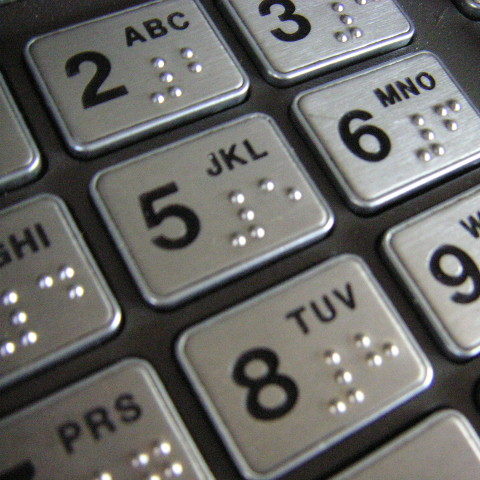OMG, What’s Happening to English?
If I said “LOL,” “OMG” or “BRB,” you’d know what I meant, right? How about “IYKWIM”? Throughout the history of the English language, people have worried about the language changing and adapting. Paranoia began as early as the Norman Conquest of 1066, when William the Conqueror introduced Norman French into the language used by those in powerful positions in England. Ever since then, English has [...]









